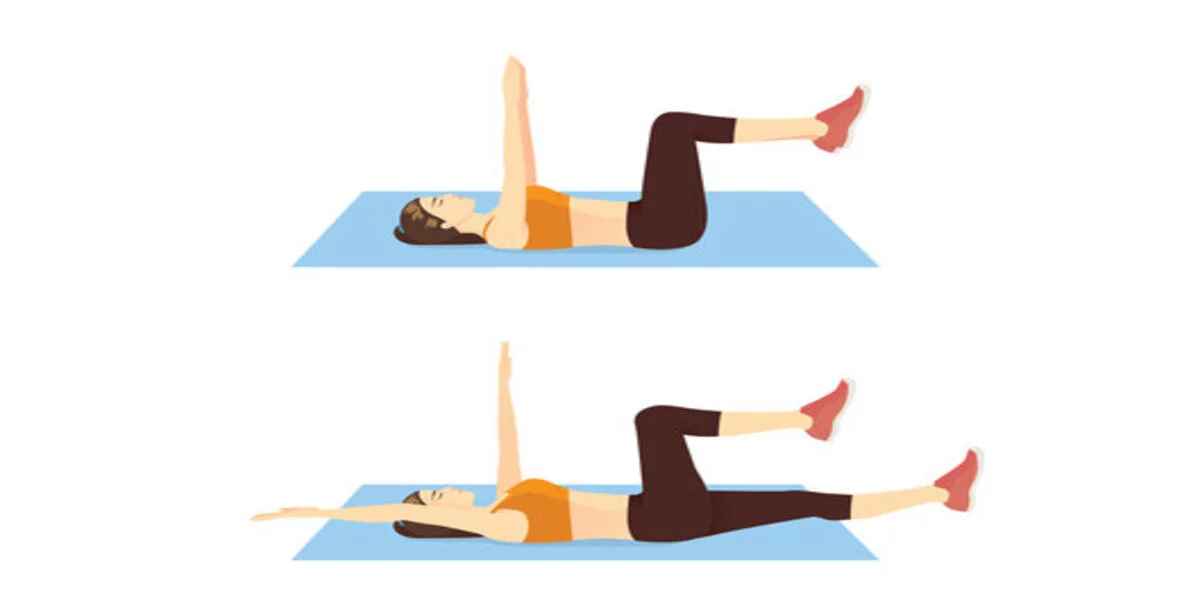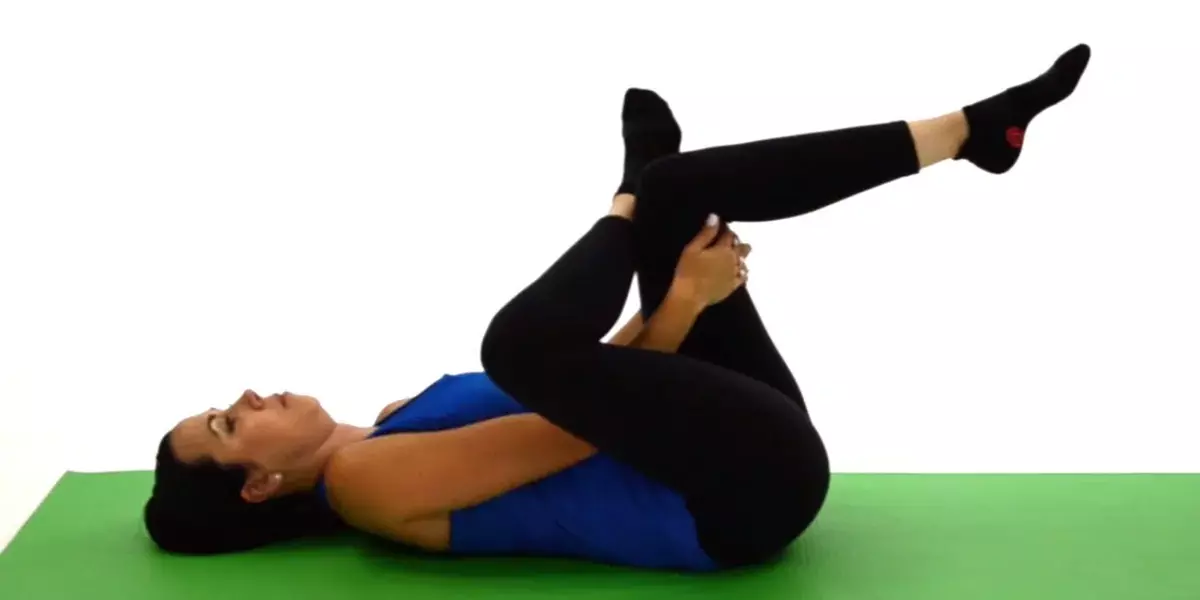[ez-toc]
Intro
Are you struggling with sacroiliac joint pain? If so, you’re not alone. Sacroiliac joint pain, often felt in the lower back and buttocks, can be quite debilitating.
However, the good news is that certain exercises can help alleviate this discomfort and improve your overall stability.
In this article, we’ll explore a range of exercises designed to strengthen and stabilize the sacroiliac joint, providing you with relief and enhancing your quality of life.
Understanding Sacroiliac Joint Pain
Before we delve into the exercises, let’s briefly understand the sacroiliac joint. This joint connects the sacrum and the iliac bones in the pelvis. When it’s inflamed or strained, it can lead to discomfort and pain in the lower back and hips.
Exercise Routine to Alleviate Sacroiliac Joint Pain
Pelvic Tilt

Start by lying on your back with knees bent. Gently tilt your pelvis upward, flattening your lower back against the floor. Hold for a few seconds and release. This exercise helps engage the core muscles and stabilize the Sacroiliac Joint Pain.
Bridge Pose

Lie on your back with knees bent and feet flat. Lift your hips off the ground, creating a straight line from your shoulders to your knees. Lower your hips and repeat. Bridge pose strengthens the glutes and provides support to the sacroiliac joint.
Cat-Cow Stretch

Get on your hands and knees, creating a tabletop position. Inhale as you arch your back (cow pose), and exhale as you round it (cat pose). This stretch improves flexibility and eases tension around the sacroiliac area.
Bird-Dog Exercise

Begin on your hands and knees. Extend your right arm forward as you simultaneously extend your left leg backward. Alternate sides while keeping your core engaged. This exercise enhances stability and balance.
Strengthening Exercises
Clamshell Exercise

Lie on your side with knees bent at a 90-degree angle. Keeping your feet together, lift your top knee while keeping your feet touching. Lower it and repeat. Clamshell exercise targets the outer hip muscles, supporting the sacroiliac joint.
Dead Bug Exercise

Lie on your back with arms extended toward the ceiling and knees bent at 90 degrees. Lower your opposite arm and leg simultaneously while keeping your core tight. Alternate sides. This exercise improves core strength and stability.
Partial Crunches

Lie on your back with knees bent and feet flat. Cross your arms over your chest and lift your shoulders off the ground, engaging your core. Partial crunches strengthen abdominal muscles, providing better support to the lower back.
Also Read: Best Adapting Exercise Routines for Different Stages of Cancer Treatment
Flexibility and Mobility Routine
Child’s Pose

Kneel on the floor and sit back on your heels. Extend your arms forward and lower your chest toward the ground. This stretch enhances flexibility in the lower back and hips.
Piriformis Stretch

Lie on your back and cross one ankle over the opposite knee. Gently pull the uncrossed leg toward your chest. This stretch targets the piriformis muscle, which can contribute to sacroiliac pain.
Conclusion
Incorporating these exercises into your routine can make a significant difference in managing sacroiliac joint pain. Remember to start slowly and listen to your body.
If the pain persists or worsens, consult a healthcare professional. Strengthening and stabilizing the sacroiliac joint takes time and consistency, but the relief and improved quality of life are well worth the effort.






Correct your pictures.clam shell feet not touching, piriformis the are pulling the wrrong leg according to your instructions.
Ok we will correct the information!
Great information 👍